There are a number of compelling personal and professional reasons to seeking advanced education as a family nurse practitioner. Below we look at three of the strongest reasons to consider becoming a nurse practitioner.
Increasing Your Autonomy as a Caregiver
The nurse who chooses an FNP career track gains autonomy over his or her nursing practice.
According to AANP National Database, 22 states plus the District of Columbia have approved “full practice” for nurse practitioners. “Full practice” means that family nurse practitioners are allowed to assess, diagnose, and prescribe medications independently.
The Henry J. Kaiser Family Foundation cites studies that show nurse practitioners can manage 80-90% of the primary care provided by physicians. The ability to provide primary care services means an FNP has increased independence. As a result, an FNPs may set his or her own schedule and choose to work as an independent practitioner or for a healthcare institution.
This flexibility in terms when and where you may work can help busy RNs gain a more positive work-life balance.
Gaining Career Stability
The demand for family nurse practitioners has grown yearly with no signs of slowing down. According to the U.S. Bureau of Labor Statistics, more than 53,000 nurse practitioner positions will be required by 2028. This is a 28% increase in job growth, higher than the national average.
In addition, an aging population and a predicted primary care provider shortage provide additional job stability. The Association of American Medical Colleges (AAMC) predicts a shortage of up to 55,200 primary care physicians by 2032. With prescriptive privileges and advanced practice skills, family nurse practitioners can combat the primary care provider shortage.
The Kaiser Family Foundation notes that 90% of nurse practitioners are primary-care prepared. This skill set opens up a wide variety of employment opportunities. Family nurse practitioners can work where is a need for primary care services, such as urgent care facilities, hospitals, private practices, and more.
Financial Benefits
Forbes has ranked nurse practitioner as one of the top paying roles for women, and Monster.com ranks nurse practitioners as one of the best-paid jobs in the country. The earning potential for a nurse practitioner is much higher than a registered nurse with an approximate $36,000 a year difference (U.S. Bureau of Labor Statistics).
In 2019, the Bureau of Labor Statistics reported the median annual wage for a nurse practitioners is $109,820. The same year, the median annual wage for an RN without an advanced nursing degree was $73,300.
Medical Practice Supplies
VIEW ALL
 Manual Prescription Pad (Large - Yellow)
Manual Prescription Pad (Large - Yellow) Manual Prescription Pad (Large - Pink)
Manual Prescription Pad (Large - Pink) Manual Prescription Pads (Bright Orange)
Manual Prescription Pads (Bright Orange) Manual Prescription Pads (Light Pink)
Manual Prescription Pads (Light Pink) Manual Prescription Pads (Light Yellow)
Manual Prescription Pads (Light Yellow) Manual Prescription Pad (Large - Blue)
Manual Prescription Pad (Large - Blue)
__________________________________________________
Appointment Reminder Cards
$44.05
15% Off
$56.30
15% Off
$44.05
15% Off
$44.05
15% Off
$56.30
15% Off
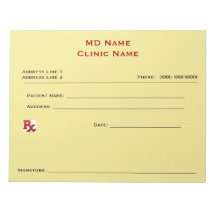
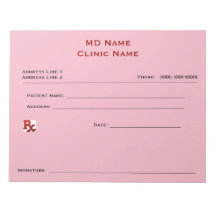
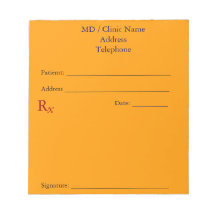
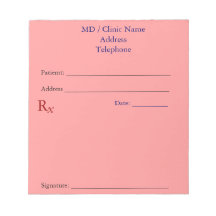
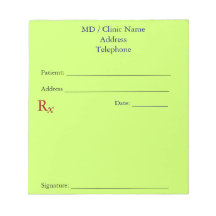
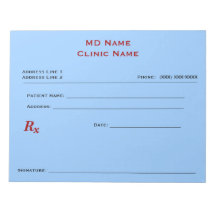
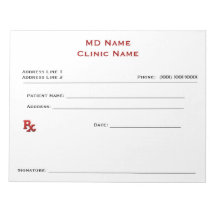
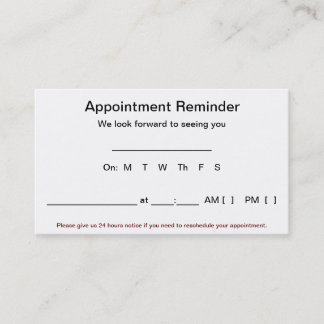
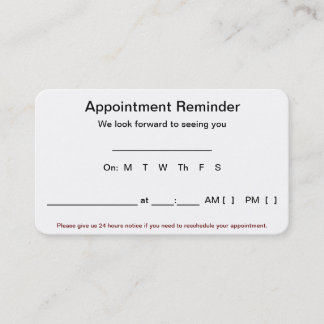
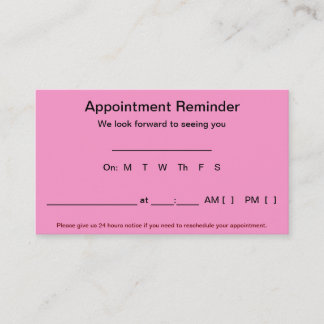
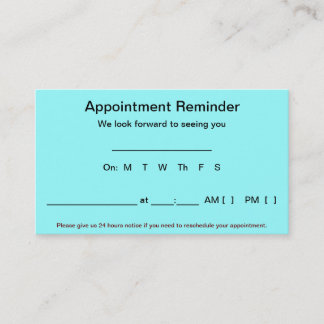
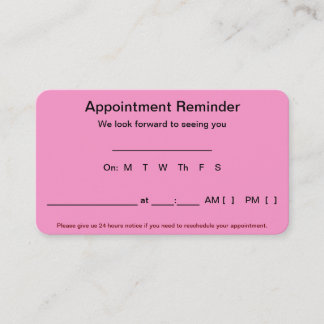
No comments:
Post a Comment